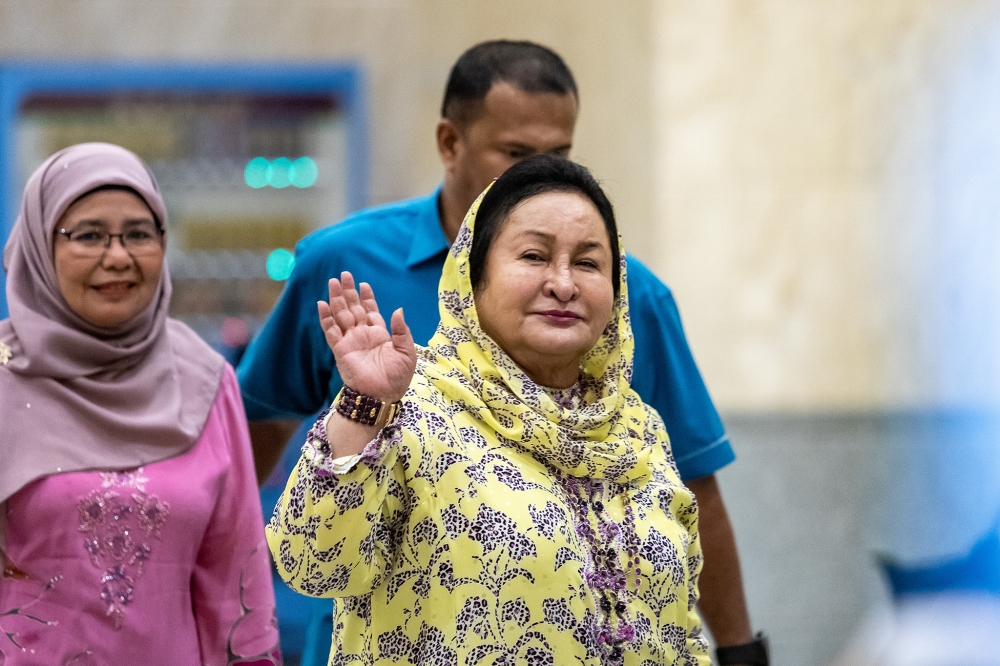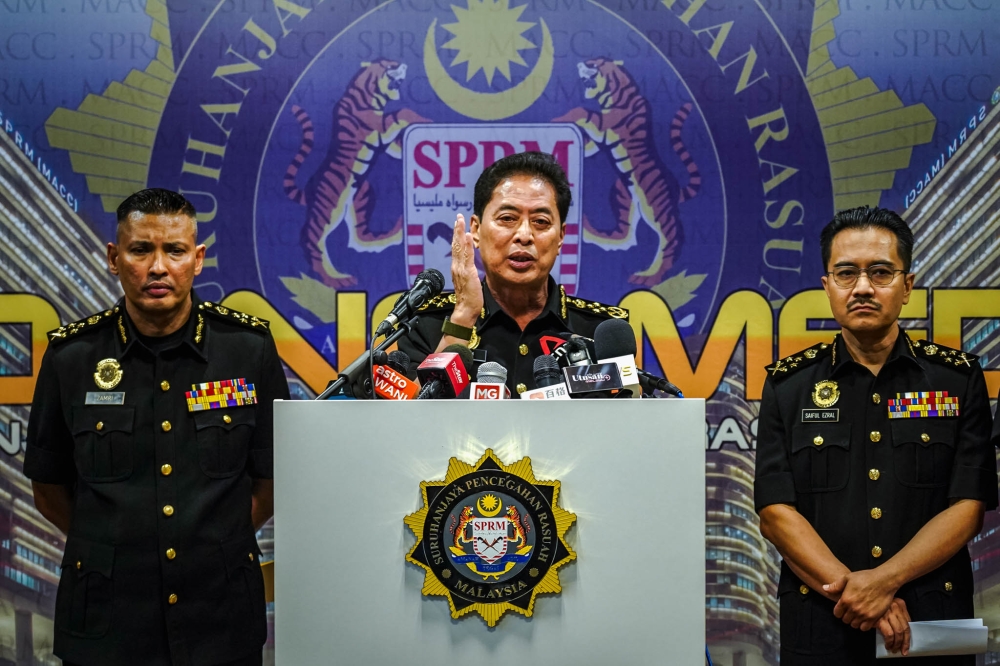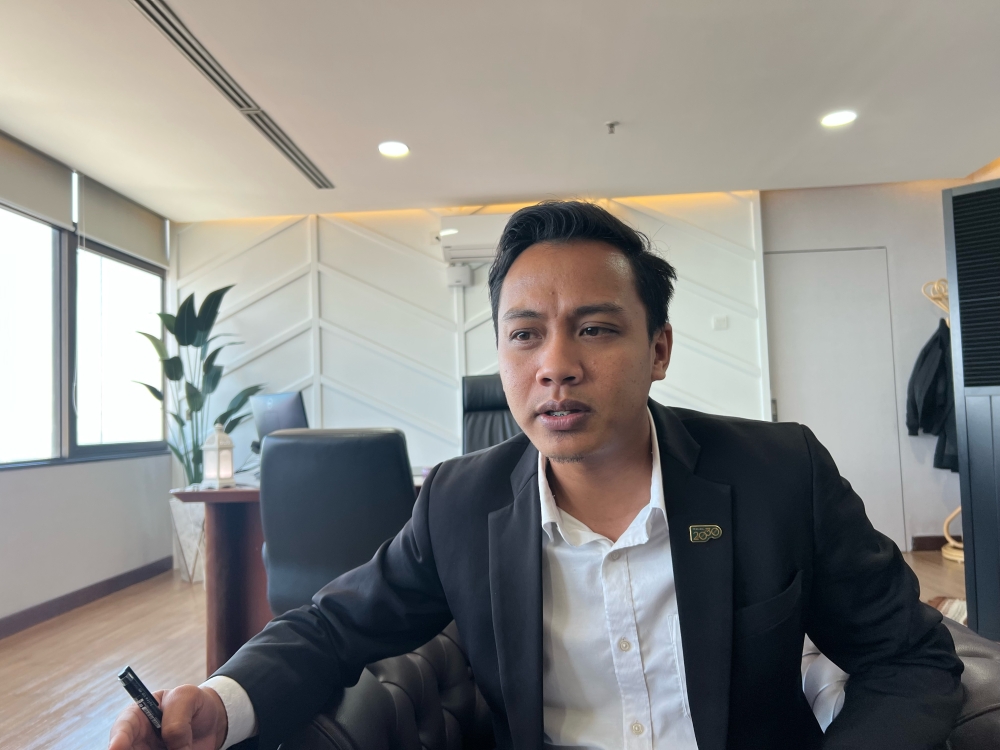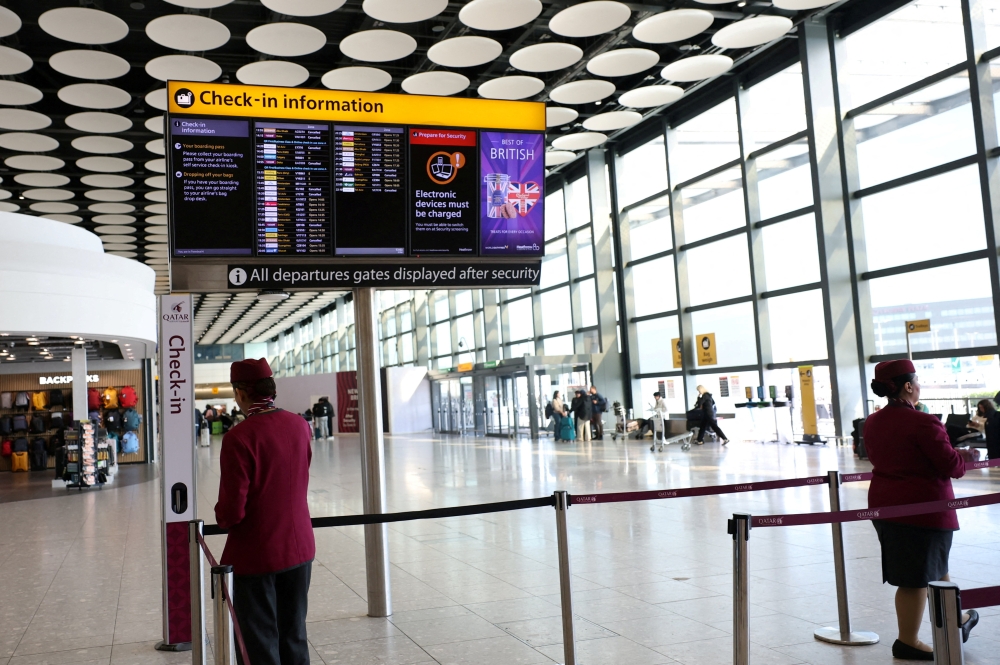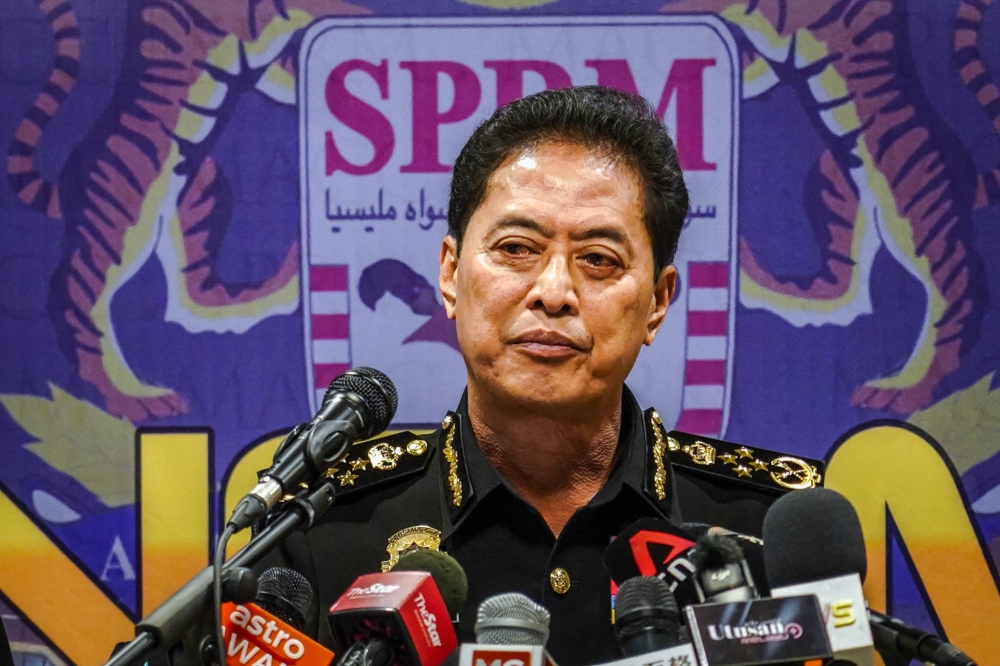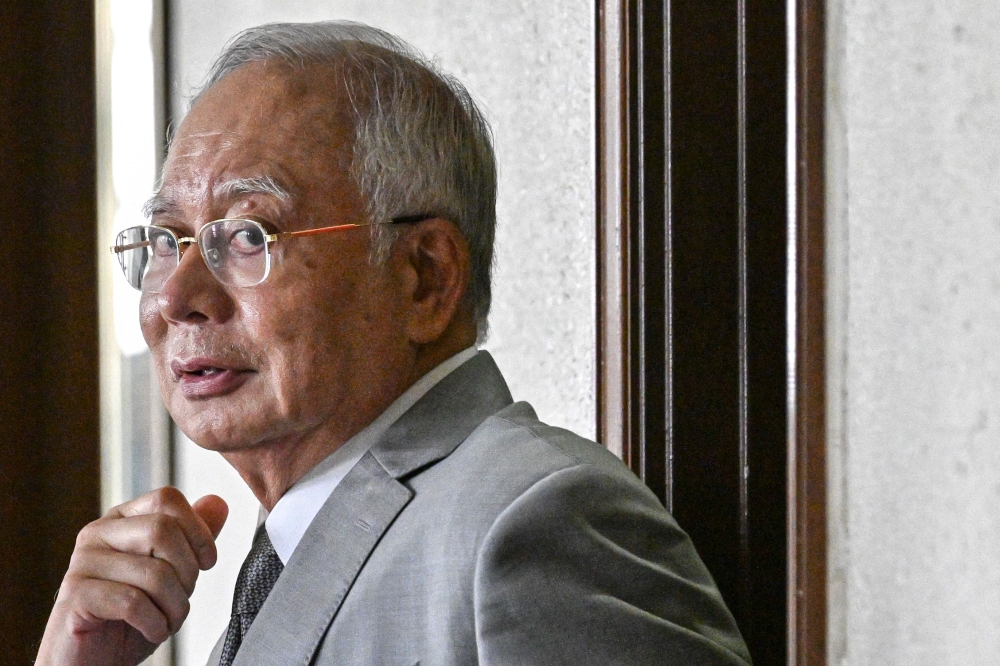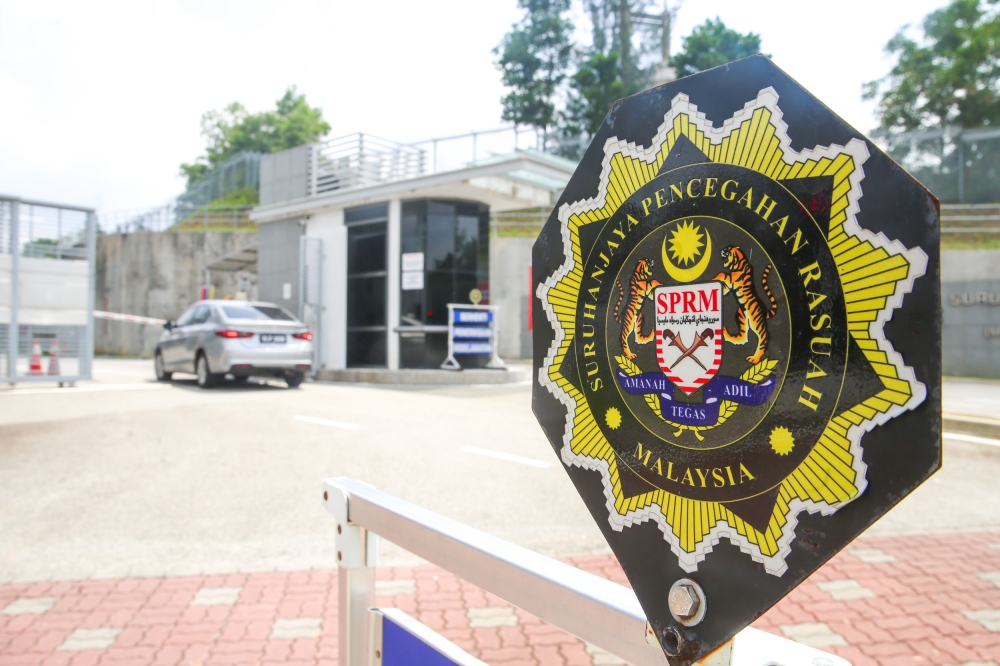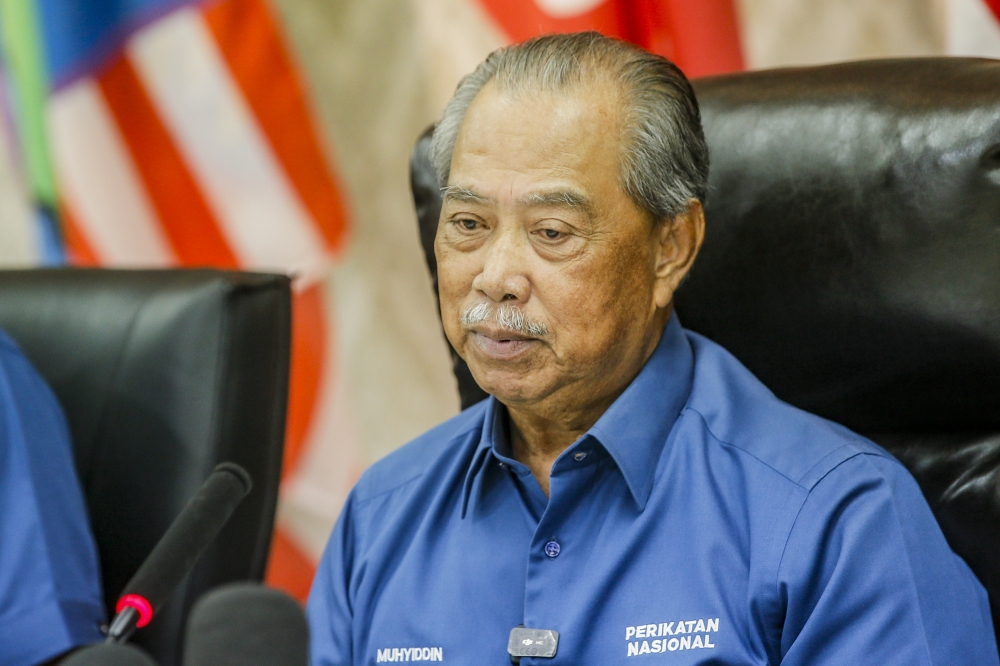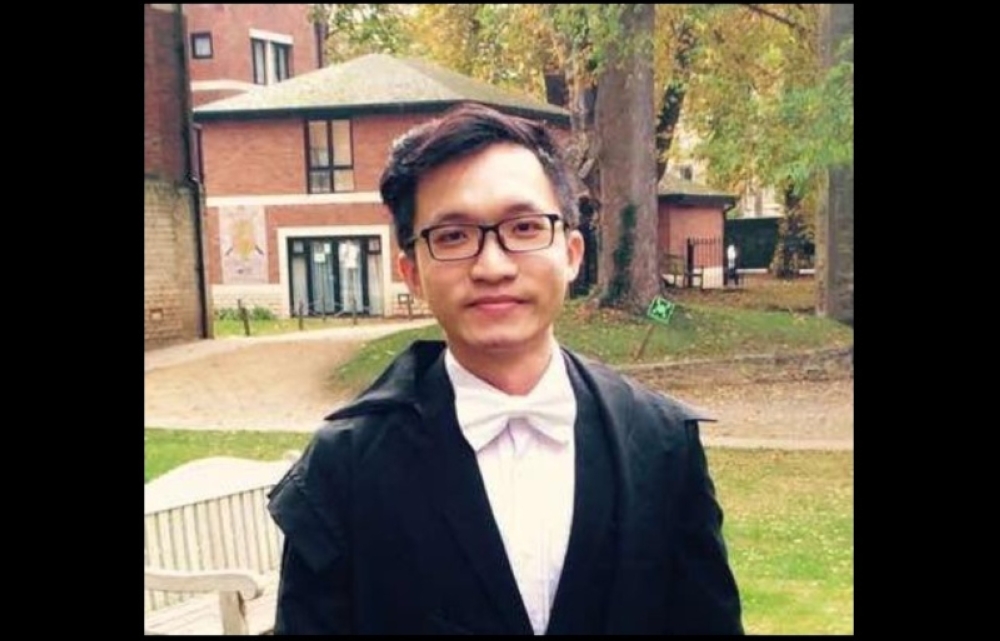KUALA LUMPUR, May 19 — The one-day Parliament sitting was convened yesterday with the purpose of fulfilling the constitutional obligations enshrined under the Federal Constitution, Datuk Takiyuddin Hassan said.
Takiyuddin, who is also de facto law and Parliament minister, explained that the importance of the Third Session of the 14th Parliament was in accordance with Article 55(1) and Article 52(1) of the Federal Constitution.
The one-day sitting of the Dewan Rakyat saw the Yang di-Pertuan Agong Al-Sultan Abdullah Ri’ayatuddin Al-Mustafa Billah Shah delivering his royal address with no debates following thereafter.
“I think there is a need for the people to understand the need for the one-day Parliament sitting. In the Constitution there are two major Articles that are very important.
“The first is Article 55 where the Agong must call for a Parliament sitting not more than six months after the last session and second Article 52 involving MPs that are absent from Parliament sittings which may lead to their disqualification.
“This is why it is important...the reasons why the May 18 Parliament sitting was originally scheduled to take place on March 9.
“In other words, the Parliamentary sitting which had taken place is us fulfilling a constitutional obligation,” said during RTM’s Bicara Naratif programme here last night.
Under Article 55(1), it is stated that the Dewan Rakyat shall convene no later than six months after its last meeting while Article 52(1) states that if a member of either house of Parliament is absent from every sitting of the house for a period of six months, their seat may be declared vacant.
Takiyuddin then pointed out since the last Parliamentary session was held on December 19, 2019, the next session must therefore not exceed June 18 this year.
However, Takiyuddin said the change in the country’s political landscape on February 29 which followed the appointment of a new prime minister and Cabinet also meant that the head of government was afforded the power to amend the original date of Parliament sitting.
Asked whether the one-day Parliament sitting following the change of government was unprecedented, Takiyuddin responded by saying that while it may be unprecedented, this did not mean that it was illegal.
“I think with the Parliament sitting, even though unprecedented, to me it is not something illegal. It is legal in the face of the law, so there is nothing to be disputed on what has taken place,” he said.”
Takiyuddin also said he believed the 25 days allocated for the next Parliamentary session in July was more than enough for the Opposition to provide constructive criticism and views if debates are allowed.
“This clearly shows that democratic practices are still very much alive in Parliament under the current government. I would like to state here again that there is no issue arising from whether the government is afraid of facing the Opposition,” he said.
The Kota Bahru MP said that while he considered the criticism provided by the Opposition vital, it must be made with good intention and not for the sake of character assassination.
“Constructive criticism, stimulating responses are most welcomed in any situation by any government. Everyone from MPs to the government itself can play a role in their respective Parliamentary duties.
“Most importantly, the nation and people’s interest must be taken seriously with good intentions by the MPs to create an environment where all races and religions live harmoniously,” he said.
On whether the government was prepared to accept criticism from society on its decision to introduce the movement control order (MCO), Takiyuddin said the government was liable to be sued in court.
“For example, if the Malaysian government failed to introduce the MCO, the rakyat can sue the government for not upholding its responsibilities to safeguard the health and safety of the people.
“Even though some quarters claimed the MCO impeded their liberty, if we don’t uphold this responsibility, the government can be said to neglect the people’s interest and welfare.
“What the government is doing now is to balance the freedom and the needs of the government to safeguard the welfare of its citizens as a whole,” he said.

